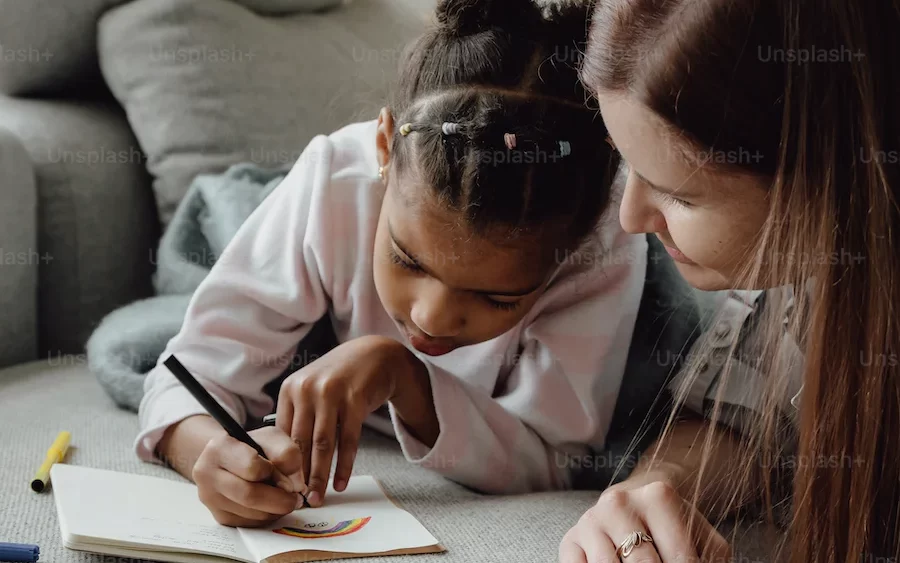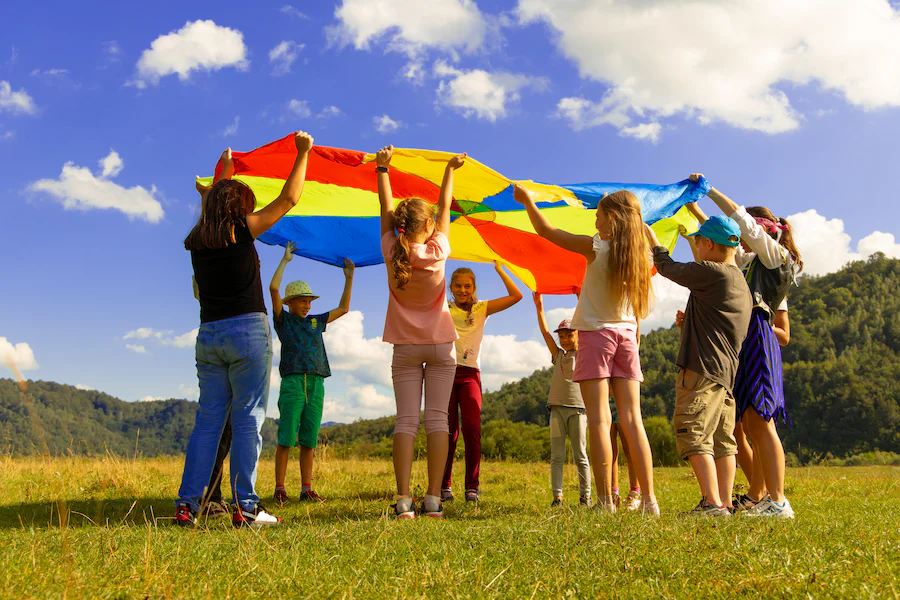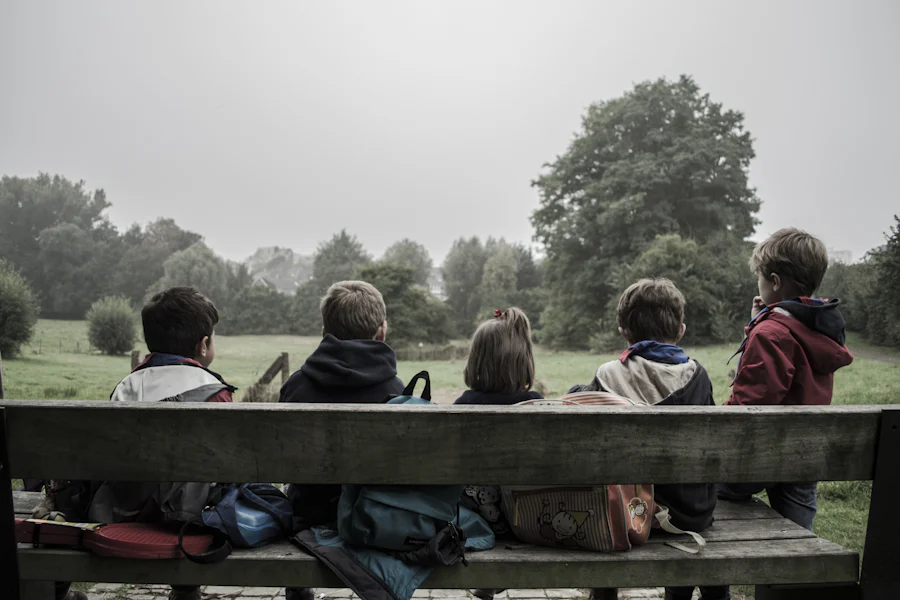As parents, we are constantly seeking ways to support our children’s development. However, recent research suggests that nurturing our own well-being is equally important for fostering our children’s growth. In a study published in Emotion, researchers Katherine Nelson-Coffey and John Coffey found that parents who practiced gratitude experienced greater well-being and reported feeling closer to their children, regardless of the challenges they faced that day.

So, how can parents incorporate gratitude into their daily routines? One simple way is by taking 10 minutes to write a gratitude letter to someone who has made a positive impact on their lives. In a related experiment, parents who engaged in this activity reported greater positive emotions immediately and experienced increased well-being one week later. After seven days, they also felt closer to their children and reported more positive child behaviors.
The benefits of practicing gratitude extend beyond individual well-being. By “filling up our cups” with positive emotions, parents are better equipped to support their children’s growth and development. This ripple effect demonstrates that when parents’ well-being is nurtured, families can reap the benefits.
Incorporating gratitude into daily routines doesn’t have to be complicated. For many parents, a simple gratitude practice at the end of the workday may be both achievable and effective in strengthening family relationships. By taking time to reflect on the positive aspects of their day and expressing gratitude for them, parents can shift their mindsets from ‘wants’ to ‘haves’ and model this practice for their children.

In addition to personal reflection, there are numerous activities that families can engage in to cultivate an attitude of gratitude. For example, families can create a gratitude jar and encourage each other to add notes whenever they feel grateful for something or someone. This simple activity not only fosters a sense of appreciation but also provides an opportunity for family members to share their gratitude with one another.
Ultimately, the research is clear: when parents practice gratitude, their children benefit as well. By incorporating simple gratitude practices into daily routines, parents can support their own well-being and strengthen family relationships. As we continue to explore the benefits of gratitude, it’s important for families to consider how they can integrate this practice into their lives and create a culture of appreciation at home.
References:
- Nelson-Coffey, K., & Coffey, J. (2023). The Ripple Effect of Gratitude: How Parental Gratitude Benefits Children. Emotion.
- Hill, P., & Nelson-Coffey, K. (2023). The Power of Gratitude: Strengthening Family Relationships Through Appreciation. Journal of Family Psychology.
- Lambert, S. (2023). 20 Ideas to Cultivate an Attitude of Gratitude in Your Children. Big Life Journal.
- PBS KIDS for Parents (2023). Practicing Gratitude as a Family.
- We Are Teachers (2023). 38 Meaningful Gratitude Activities for Kids.



